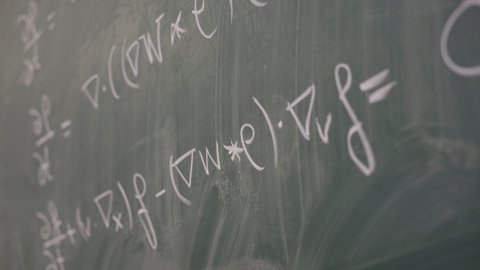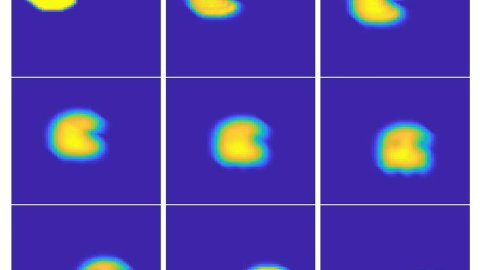15:45
Torus knots in contact topology
Abstract
Tight contact structures on knot complements arise both from Legendrian realizations of the knot in the standard tight contact structure and from the non-loose Legendrian realizations in the overtwisted structures on the sphere. In this talk, we will deal with negative torus knots. We wish to concentrate on the relations between these various Legendrian realizations of a knot and the contact structures on the surgeries along the knot. In particular, we will build every contact structure by a single Legendrian surgery, and relate the knot properties to the properties of surgeries; namely, tightness, fillability and non-vanishing Heegaard Floer invariant.



